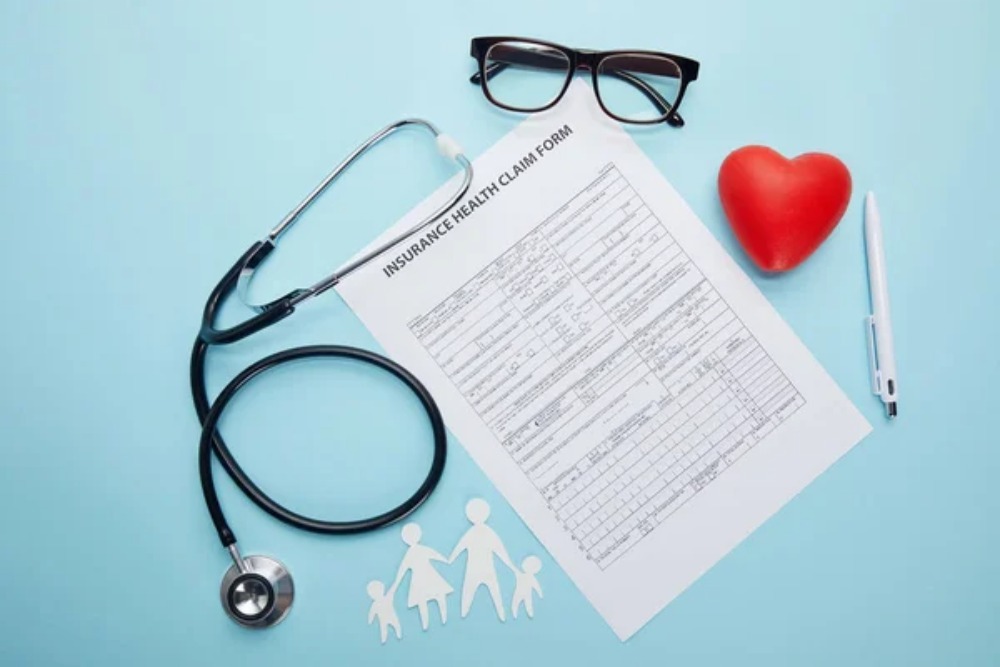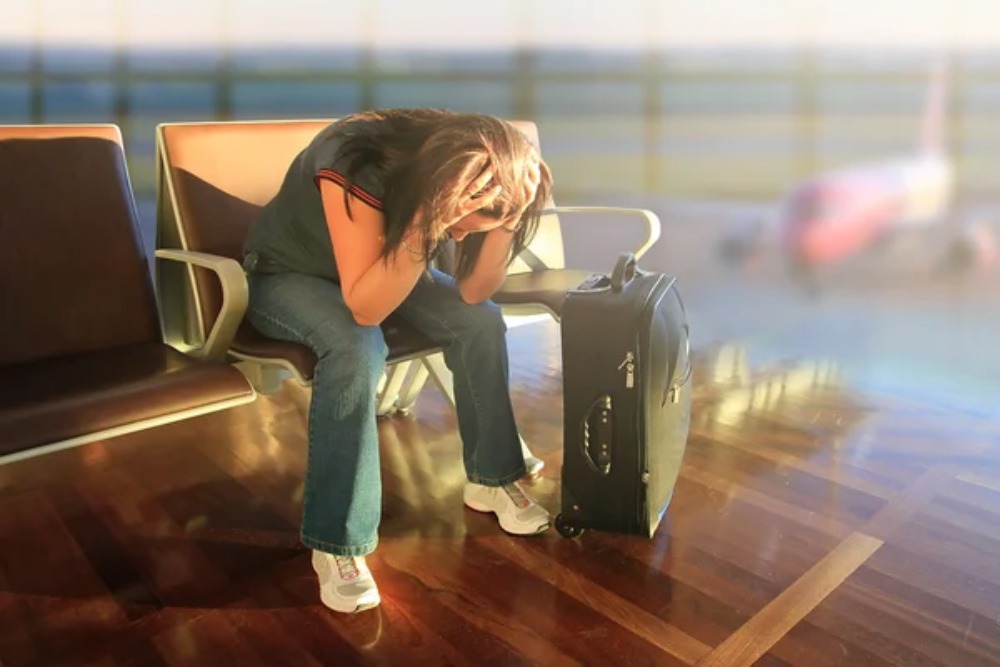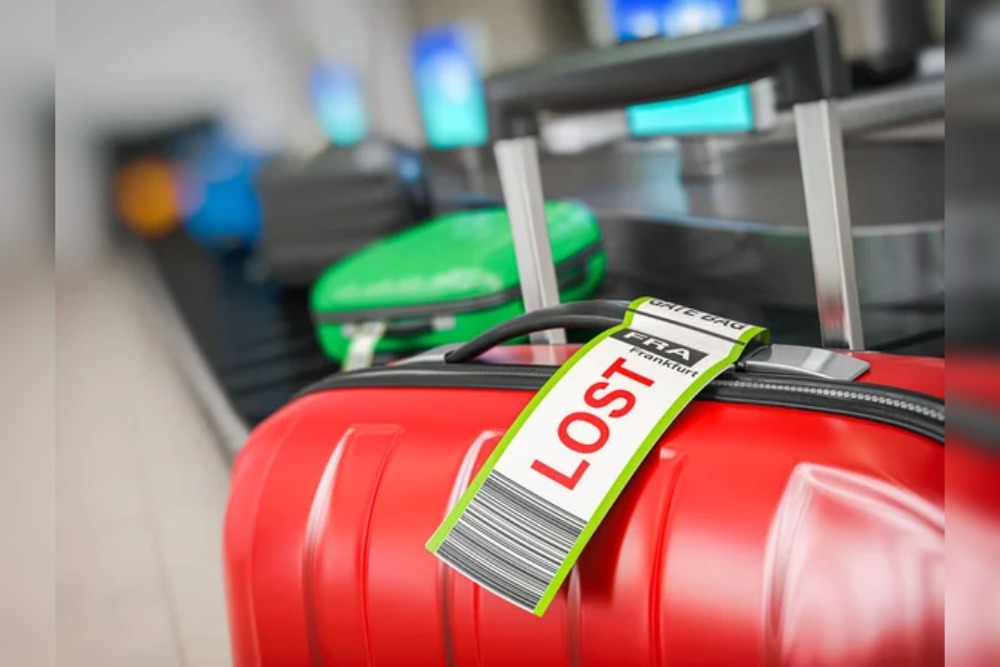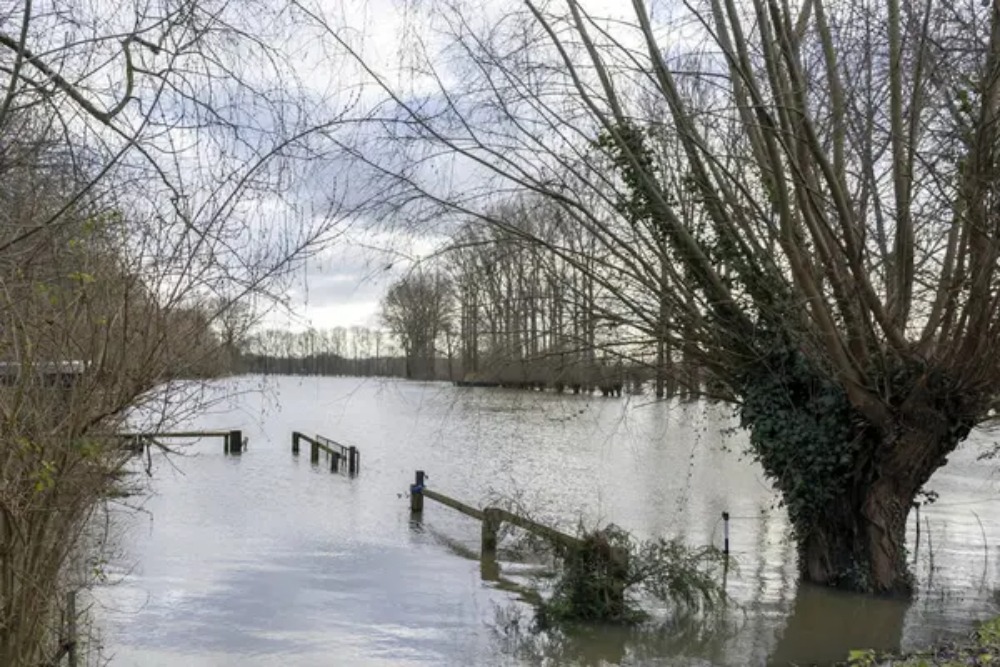Travel insurance might seem like one of those boring adult things you can skip, but hold on. The reality is much more complex than the simple ‘yes or no’ decision most people think it is. There are hidden details, surprising exclusions, and benefits that could save you thousands of dollars or leave you stranded halfway across the world.
Most travelers either buy the cheapest policy without reading the fine print or skip it entirely, thinking they’ll never need it. Here is a list of 19 things no one tells you about travel insurance that could change how you approach your next trip.
Pre-Existing Conditions Have a Deadline

Most people think pre-existing medical conditions automatically disqualify them from coverage, but that’s not always true. Many policies will cover pre-existing conditions if you buy insurance within a specific window after booking your trip, usually 14 to 21 days.
Miss that deadline by even one day, and you’re out of luck. The insurance company defines ‘pre-existing’ pretty broadly, too, including anything you’ve seen a doctor about in the past 6 to 12 months.
Your Credit Card Coverage Isn’t What You Think

That premium credit card you’re so proud of probably does offer some travel protection, but it’s typically much more limited than standalone travel insurance. Credit card coverage usually only kicks in if you paid for the entire trip with that specific card, and it rarely covers medical expenses or evacuation.
Think of it as a backup dancer, not the main performer. Most credit card policies also have lower coverage limits and more exclusions than dedicated travel insurance.
Like Travel Pug’s content? Follow us on MSN.
Adventure Sports Need Special Coverage

Standard travel insurance policies often exclude what they call ‘high-risk activities,’ and their definition might surprise you. Skiing, scuba diving, rock climbing, and even riding a motorcycle can void your coverage entirely. Some companies consider hiking above certain altitudes or participating in organized sports as risky activities.
You’ll need to buy additional coverage or a specialized policy if you plan to do anything more adventurous than sightseeing. The good news is that adventure sports coverage is usually available as an add-on, just don’t assume you’re automatically covered.
Cancel for Any Reason Costs More But Works Better

Regular trip cancellation coverage only protects you for specific reasons like illness, job loss, or natural disasters. ‘Cancel for Any Reason’ coverage costs about 50% more but lets you cancel your trip for literally any reason and get most of your money back.
You might only get 75% of your costs back instead of 100%, but that’s better than nothing if you just don’t feel like traveling anymore. This type of coverage usually needs to be purchased within 14 to 21 days of booking your trip.
Medical Evacuation Can Cost Six Figures

Getting airlifted from a mountain in Nepal or flown back to the U.S. from a remote island can cost $100,000 or more. Your regular health insurance probably won’t cover evacuation expenses, especially international ones. Even if you’re traveling domestically, helicopter rescues and emergency transportation can bankrupt you without proper coverage.
Medical evacuation coverage is often included in comprehensive travel insurance policies, but check the limits because some policies cap it at amounts that won’t cover the full cost.
Like Travel Pug’s content? Follow us on MSN.
Your Regular Health Insurance Might Not Work Abroad

Medicare doesn’t cover you outside the United States, period. Many private insurance plans have limited international coverage or require you to pay upfront and seek reimbursement later. Even if your plan covers international emergencies, you might face huge deductibles or co-pays that travel insurance would eliminate.
Some countries require proof of health insurance before they’ll even let you enter, and your regular insurance card might not count.
Trip Delay Coverage Has Strict Rules

Airlines might compensate you for major delays, but trip delay coverage through insurance works differently and often better. Most policies will reimburse you for meals, hotels, and other expenses if your trip is delayed by a certain number of hours, usually 6 to 12 hours.
The catch is that the delay has to be for a covered reason, and ‘I overslept’ isn’t one of them. Weather delays, mechanical problems, and strikes usually qualify, but always check the specific terms because some policies are more generous than others.
Lost Luggage Coverage Has Depreciation

When the airline loses your luggage, they’ll compensate you based on depreciated value, not replacement cost. Travel insurance baggage coverage often works the same way, so that three-year-old laptop might only be worth $200 in their eyes.
Some policies offer ‘new for old’ coverage that pays replacement costs, but you’ll pay more for it. Keep receipts for expensive items and consider getting additional coverage for valuable electronics or jewelry.
Like Travel Pug’s content? Follow us on MSN.
Business Travel Needs Different Coverage

If you’re traveling for work, your regular travel insurance might not cover you properly. Many policies exclude coverage for business-related activities or have different rules for work travel. Your employer’s coverage might be limited, too, especially if you’re an independent contractor.
Business travel insurance typically covers things like missed meetings, equipment replacement, and business-related liability that personal policies ignore.
Cruise Insurance Is a Whole Different Animal

Cruise-specific insurance covers unique risks like missed port stops, cabin confinement due to illness, and cruise line bankruptcy. Regular travel insurance might not cover these cruise-specific situations adequately. If you get sick on a cruise ship, you might be confined to your cabin for days, and regular travel insurance won’t compensate you for that lost vacation time.
Cruise insurance also typically covers emergency evacuation from the ship, which can be incredibly expensive if you’re in the middle of the ocean.
Age Affects Your Coverage and Costs

Travel insurance gets more expensive as you get older, and some policies have age limits or reduced coverage for seniors. If you’re over 65, you might face higher premiums or find that some activities aren’t covered at all. Some policies cap medical coverage at lower amounts for older travelers or exclude certain types of treatment.
Shop around because different companies have different age-related policies, and some specialize in coverage for senior travelers.
Like Travel Pug’s content? Follow us on MSN.
Mental Health Coverage Is Limited

Most travel insurance policies have limited or no coverage for mental health issues, including anxiety, depression, or panic attacks. If you cancel your trip due to mental health reasons, you might not be covered unless it’s specifically included in your policy.
Some policies are starting to include mental health coverage, but it’s often limited and has strict requirements. This is especially important to consider if you’re traveling to stressful situations or have a history of mental health issues.
Natural Disasters Have Timing Rules

Just because a hurricane is heading toward your destination doesn’t automatically mean you can cancel and get your money back. Most policies only cover natural disasters if they make your destination uninhabitable or unsafe, and the timing matters.
If you knew about the hurricane when you bought your policy, you might not be covered. The same goes for other natural disasters like earthquakes, wildfires, or volcanic eruptions.
Pregnancy Coverage Has Specific Terms

Pregnancy-related coverage varies wildly between policies, and normal pregnancy isn’t usually considered a medical emergency. If you’re pregnant and traveling, you need to understand what’s covered and what isn’t. Some policies won’t cover pregnancy-related issues at all, while others might cover unexpected complications but not routine pregnancy care.
If you’re planning to travel while pregnant, buy your policy early and read the pregnancy-related terms carefully.
Like Travel Pug’s content? Follow us on MSN.
Electronic Device Coverage Is Usually Separate

Your smartphone, laptop, and camera might not be covered under standard baggage coverage, or they might have very low limits. Electronic device coverage is often a separate add-on that you need to purchase specifically. Even then, you’ll need to prove the value of your electronics with receipts or other documentation.
Some policies also exclude coverage if you leave electronics unattended or if they’re damaged by water or other environmental factors.
Travel Insurance Doesn’t Cover Everything

Despite what you might think, travel insurance isn’t a magic safety net that covers every possible travel mishap. Most policies exclude coverage for things like government warnings, civil unrest, terrorism (unless you buy specific coverage), and illegal activities.
They also don’t cover you if you’re under the influence of alcohol or drugs when something happens. Read the exclusions section of your policy carefully because it’s often longer than the coverage section.
Group Travel Has Different Rules

If you’re traveling with family or friends, group travel insurance might be cheaper and more convenient than individual policies. However, group policies can be tricky because if one person cancels, it might affect coverage for the entire group.
Some group policies require everyone to live in the same household, while others just require you to be traveling together. Make sure everyone in your group understands how the policy works and what happens if someone needs to cancel.
Like Travel Pug’s content? Follow us on MSN.
Rental Car Coverage Overlaps With Other Policies

Travel insurance often includes rental car coverage, but it might overlap with your auto insurance, credit card coverage, or the rental company’s insurance. Understanding these overlaps can save you money and prevent you from being underinsured or overinsured.
Some travel insurance policies provide primary rental car coverage, while others are secondary and only kick in after your other coverage is exhausted. Check with your auto insurance company to see what’s already covered before buying additional protection.
Annual Policies Can Be Cheaper for Frequent Travelers

If you travel more than twice a year, an annual travel insurance policy might be cheaper than buying separate policies for each trip. Annual policies typically have limits on trip length and coverage amounts, but they’re convenient and cost-effective for frequent travelers.
They also eliminate the risk of forgetting to buy coverage for a last-minute trip. Just make sure the annual policy covers the types of trips you typically take and provides adequate coverage limits.
When Travel Goes Wrong, Insurance Becomes Essential

Travel insurance transforms from an abstract concept into a lifeline when things go sideways. The travelers who skip it often end up with horror stories about $50,000 medical bills or losing thousands on a cancelled trip. Those who buy it but don’t understand the terms find themselves fighting claim denials when they need help most.
The smart approach is to treat travel insurance like any other important purchase: research the options, understand what you’re buying, and choose coverage that matches your actual travel style and risk tolerance.
More from Travel Pug

- 20 Best Beach Towns in the Carolinas
- 13 Destinations Where Tourists Regularly Regret Their Trip
- 20 Things You Actually Get in First Class
- 20 Small Airports With Aviation Museums
- 20 Places in the U.S. That Are Perfect for a Reset Trip
Like Travel Pug’s content? Follow us on MSN.
